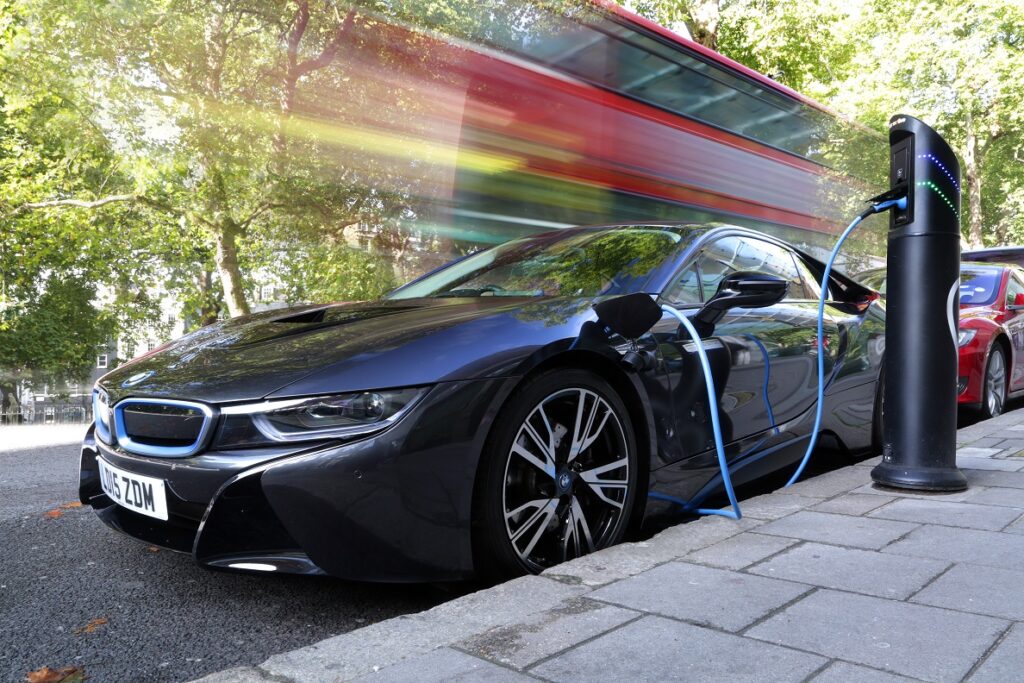Committee on Climate Change (CCC) chair Lord Deben has this week urged the government to be more ambitious on electric vehicles as a matter of urgency and, crucially, bring forward the proposed phase-out of conventional vehicle by five years.
However his words may have fallen on deaf ears with the Department for Transport having yesterday announced reforms to the Plug-in Car Grant (PIGC), either limiting or removing financial support altogether.
In a letter addressed to the energy and transport secretaries Greg Clark and Chris Grayling, Lord Deben included a specific assessment of the ‘Road to Zero’ transport plan after it was published following the CCC’s annual progress report to parliament.
The letter offers a fairly damning assessment of the plan. Lord Deben says that while its publication and several initiatives include within it were welcome, there remains a “large gap” to the most cost-effective path for reducing transport emissions.
“I would urge you to implement policies with greater ambition to reduce emissions even further,” Lord Deben writes.
Citing the committee’s assessment, Lord Deben – who opens next week’s Current± Theatre at Solar & Storage Live – has set out six specific requests for both the Department for Business, Energy and Industrial Strategy and Department for Transport to consider.
Central among those is the call for the commitment to end sales of conventional vehicles to be brought forward five years from the current target of 2040 to 2035.
While generally applauded when first announced, the 2040 target has since come to be considered as lacking in ambition when compared against other nations. Scotland, for example, has set its own target date of 2032.
The CCC has also stressed the need for government to support the “efficient rollout of affordable EV charging infrastructure”, indicating that it is to publish next year advice on the number and types of charging points that will be required.
Other measures mentioned within the letter include the need to address supply issues and waiting times for electric vehicles, which continue to climb, and the need to set out a vision for future travel demand, and how to reduce it, in general.
“I am confident that the implementation of the recommendations… will reduce emissions and bring significant benefits to the UK economy, in line with the vision the Prime Minister presented at the recent Zero Emissions Vehicle Summit,” the letter signs off.
But it would appear the letter, dated yesterday, was not received in enough time for transport secretary Chris Grayling to reconsider plans to reform the PIGC.
Under the revised grant mechanism, funding for Category 1 vehicles – those producing CO2 emissions of less than 50g/km and a zero emission range of at least 70 miles – will be cut from £4,500 to £3,500 and Category 2 and 3 vehicles will have their grants removed entirely.
The new rates, widely teased in the national press for the next Conservative budget, scheduled later this month, will come into effect from 9 November 2018.





